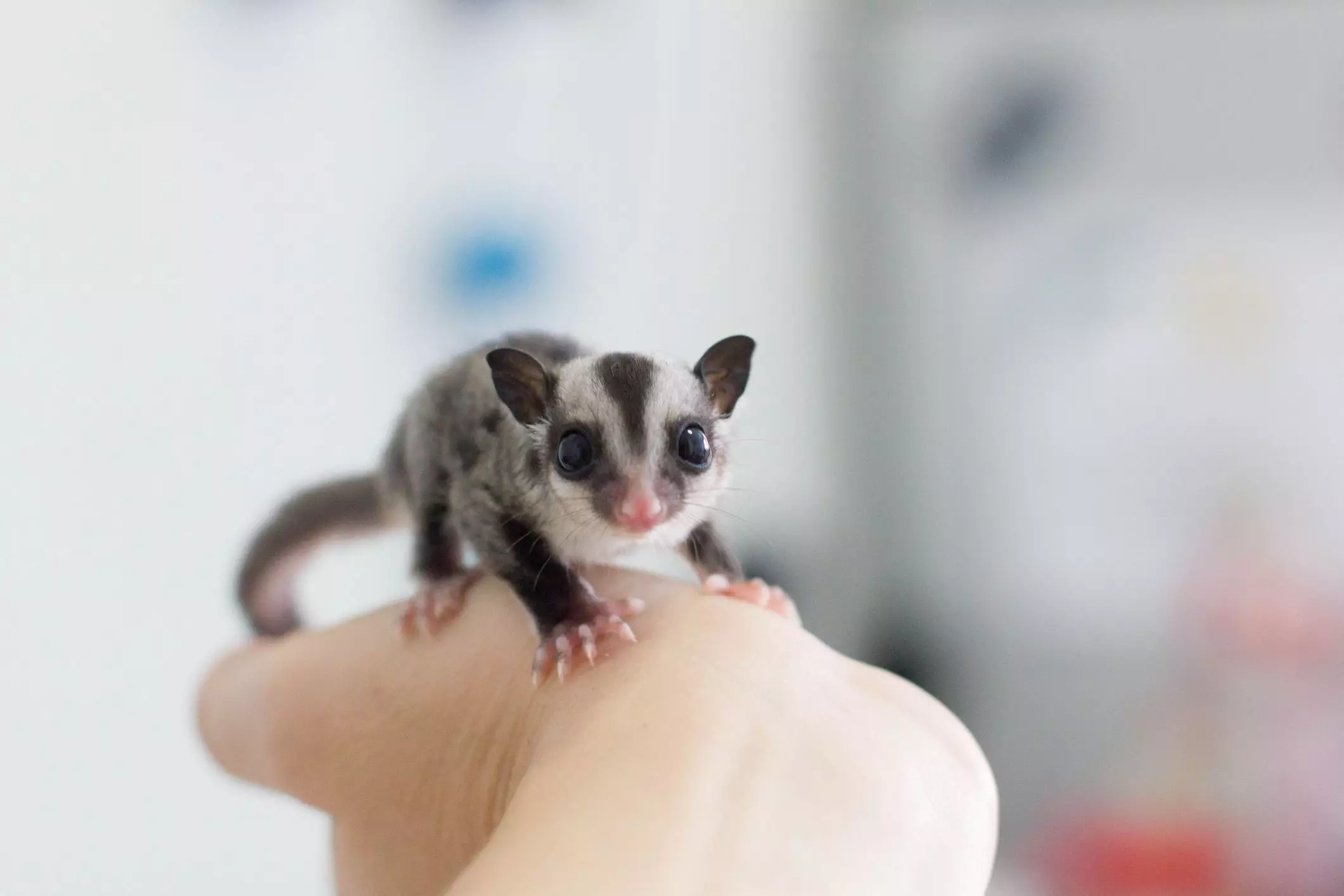Sugar gliders have become increasingly popular in the realm of pet ownership, captivating the hearts of many animal enthusiasts with their playful demeanor and unique characteristics. Known scientifically as *Petaurus breviceps*, these small marsupials are often affectionately referred to as “sugar gliders,” a name that resonates with their ability to glide gracefully through the air. As we delve into the fascinating aspects of sugar gliders, it becomes essential to understand both their care needs and the responsibilities that come with owning these remarkable creatures.
Sugar gliders are relatively small, measuring about five to six inches in body length, complemented by a tail of equal length, which functions as a rudder while gliding. Weighing in at a mere four to five and a half ounces (80 to 160 grams), these creatures are surprisingly light and agile. Native to the lush rainforests of Eastern Australia, Papua New Guinea, Tasmania, and parts of Indonesia, sugar gliders are primarily arboreal, deftly navigating their environment by gliding from tree to tree. Their unique adaptation allows them to glide up to 150 feet, thanks to a flexible membrane called the patagium that stretches from their wrists to their ankles.
While living in the wild, sugar gliders spend most of their time in the canopies, avoiding ground contact altogether. Their large, expressive eyes are well-adapted for nocturnal life, enabling them to forage for food at night and navigate their environment efficiently. The intricate social structure of sugar glider communities is also noteworthy; in the wild, they live in colonies of up to 30 individuals, highlighting their social nature and preference for companionship.
One of the most important considerations when thinking about adopting a sugar glider is their inherently social nature. These creatures thrive in the company of their own kind, and as a pet owner, it’s crucial to recognize that the companionship they receive from other sugar gliders is irreplaceable. Keeping a single glider often leads to behavioral issues, mental health struggles, and emotional distress. To create a fulfilling environment for a sugar glider, it is highly recommended to house them in pairs or small groups.
Bonding with a sugar glider can be an enriching experience, especially when using a bonding pouch, which allows for close contact and interaction. However, it is vital to note that while human interaction is beneficial, it cannot replace the connection and bonding that gliders form with one another. The vocalizations and communal grooming behaviors are key components of their social interaction, showcasing the depth of their social needs.
Diet is another critical factor in the health and well-being of sugar gliders. In the wild, they are omnivores, enjoying a varied diet that fluctuates with the seasons. As pets, their nutritional intake requires careful planning to ensure they receive a balanced diet. It is often recommended that pet owners provide sugar gliders with an insectivore pellet as a staple, supplemented with a diverse array of fruits, vegetables, and insects.
While many pre-packaged diets are available for sugar gliders, pet owners must remain vigilant about potential dietary pitfalls. Improper nutrition can lead to serious health issues, such as metabolic bone disease and dental problems. Understanding the importance of a rounded diet enriched with the necessary vitamins and minerals will help ensure that sugar gliders lead healthy, vibrant lives.
Despite their charm and appeal, sugar gliders are susceptible to various health issues, primarily stemming from their specific care and dietary needs. Metabolic bone disease, often associated with inadequate calcium intake, is a common ailment that pet owners should be aware of. Additionally, injuries can occur from accidents while gliding or from inappropriate living environments. Other health concerns include dental diseases and gastrointestinal issues that may arise from a diet too high in sugary fruits.
To mitigate these risks, proactive veterinary care and regular health check-ups are essential. Understanding the unique biological makeup and requirements of sugar gliders can promote healthier behaviors and prevent common pitfalls that may adversely affect their lives.
While sugar gliders can be an adorable and delightful addition to many households, they require thoughtful consideration, especially when it comes to their social needs, dietary requirements, and overall health care. By understanding the nuances of sugar glider ownership, prospective pet owners can create a nurturing environment that fosters the well-being of these enchanting little marsupials.

